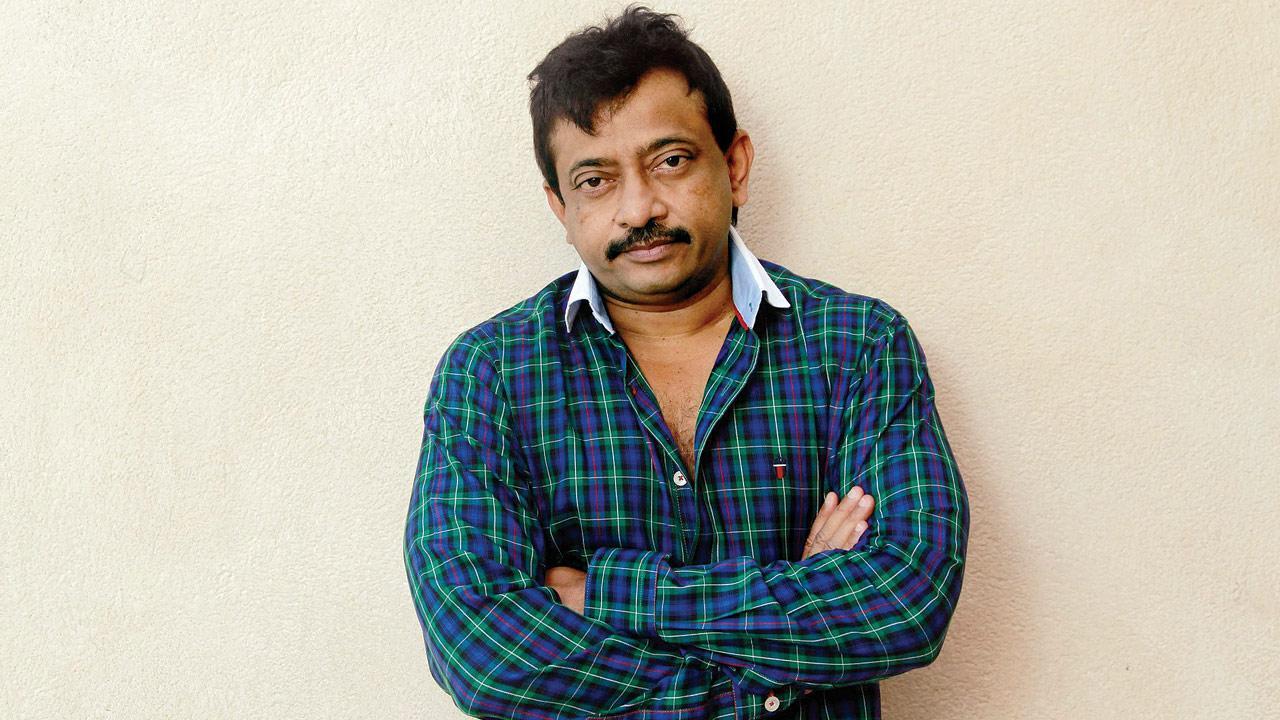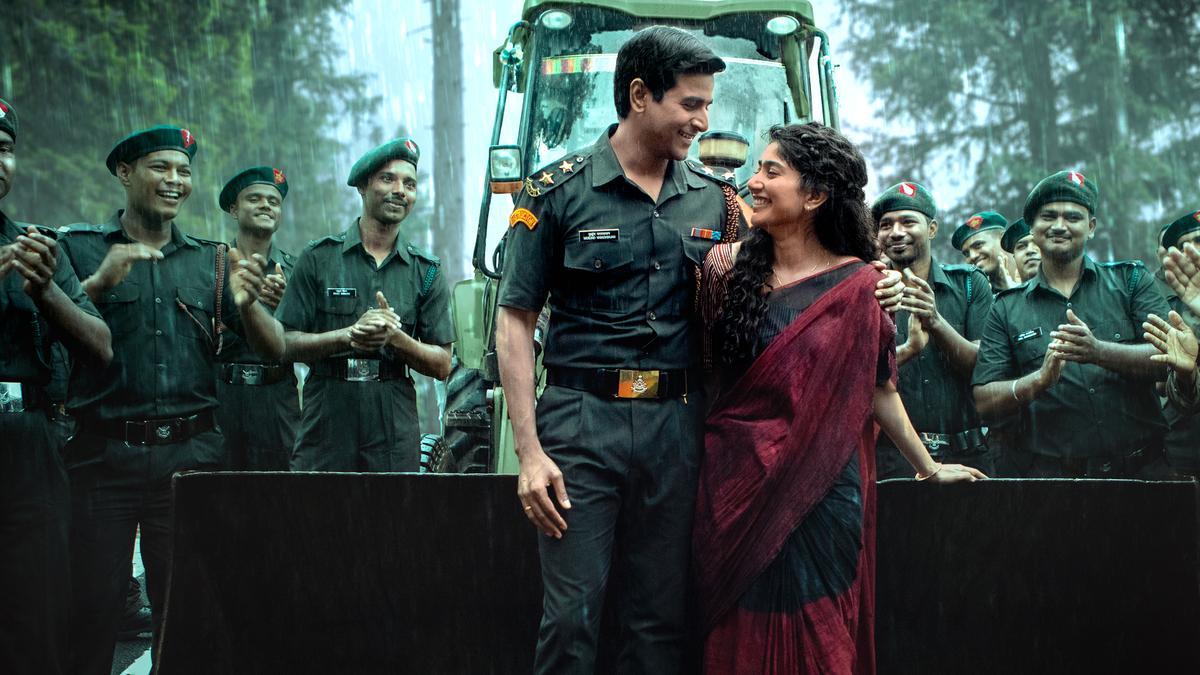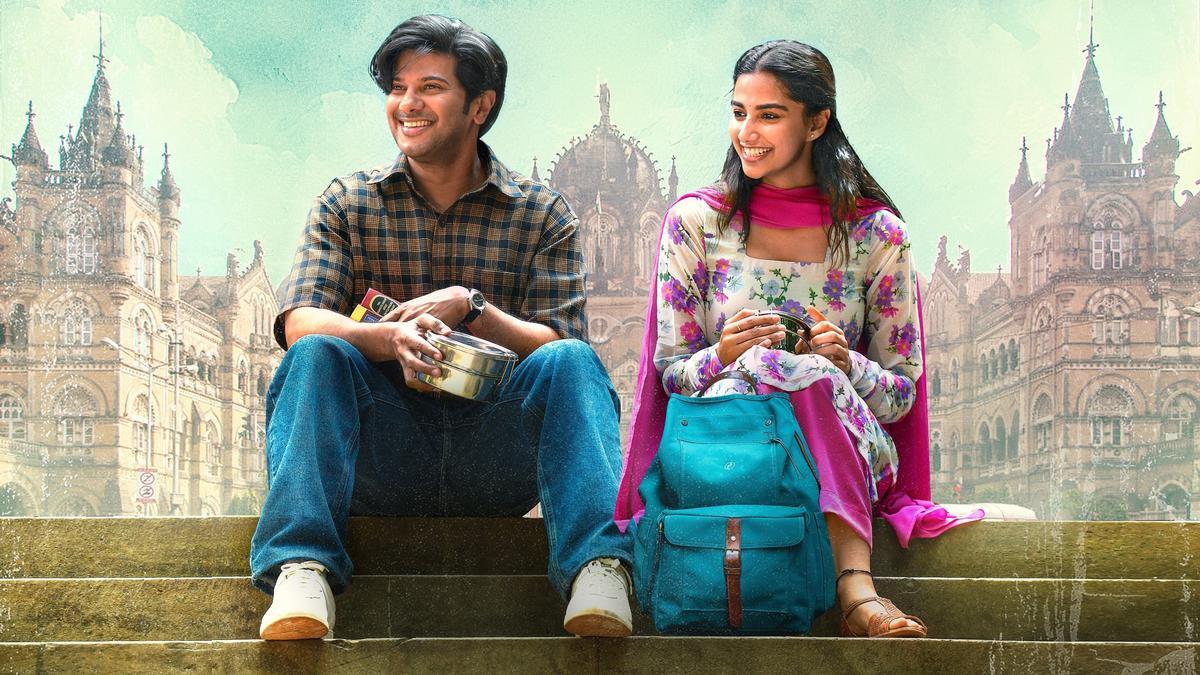
In the scintillating world of Bharatanatyam, a classical dance hitherto dominated by depictions of demure and longing heroines, a new kind of nayika (female protagonist) has emerged in Mallika Sarabhai’s innovative production, “Past Forward.” This embodiment of femininity is articulate, undaunted, and equipped with a firm resolve—a stark contrast to the traditional pining nayika. Sarabhai’s show offers a provocative perspective on women’s status both on the stage and in the wider world.
“Past Forward” masterfully intertwines Bharatanatyam’s nuanced gestures with evocative literary, poetic, and musical compositions to spotlight modern-day struggles and triumphs. By blending traditional excerpts of Bharatanatyam with various narrative forms, the performance echoes the power behind Maya Angelou’s poem, ‘Still I Rise,’ accentuating the indomitable rise of the contemporary woman.
Mallika Sarabhai, connecting over the phone from Ahmedabad, elaborates on her creative process and her aim to trace the transformation of Bharatanatyam as an art form. Critically, she also acknowledges her own shift from a conventional employment of Bharatanatyam towards utilizing it as a base language that boldly addresses contemporary issues. Sarabhai observes, “The change is not only in the lyrics but also in how we go from chaste Bharatanatyam as a form and where I began using Bharatanatyam as my root language without saying this is Bharatanatyam. But it obviously is!”
Sarabhai’s premiere performance of “Past Forward” at the Kolkata Literary Meet in 2023 was inspired by her reflections on the women’s movement and the potential of Bharatanatyam to reflect this evolution. She sculpts a narrative that bridges historical timelines and envisions the journey of a woman’s voice and identity through the expressive medium of dance.
“I consider myself a nayika, but not the simpering one usually depicted in Bharatanatyam,” Sarabhai asserts with fervor. “I am the nayika who questions, protests, and shouts from the rooftops.”
Commenting on past pioneers of lyricism within the dance world, Sarabhai describes a varnam—a complex piece in the repertoire—depicting a staunch nayika of the 18th century. This determined figure is seen confronting the deity Karthikeya about his unfulfilled marriage promise, a radical departure from conventional depictions at that time. Mallika points out, “She is not a man-hater. She longs for her partner but also asserts her autonomy.”
Through the successive sections of “Past Forward,” Sarabhai critically examines stereotypes and transitions to a modern reimagining of the nayika. She draws upon Kishwar Naheed’s poem ‘I am not that woman selling you shoes and socks’ and contrasts it with an Urdu song made famous by Begum Akhtar. Sarabhai honors her Kuchipudi guru, CR Acharyelu, as well, with a piece challenging the male gaze—a ninda stuthi that questions Shiva’s anger towards his spouse.
The performance culminates with a powerful delivery of Maya Angelou’s ‘Still I Rise,’ a poetic testament to women’s resilience. Here, Sarabhai embraces a contemporary setting, incorporating the rise of women despite the ebb and flow of societal restrictions and setbacks.
Sarabhai’s “Past Forward” is not merely a dance recital, it is a dynamic commentary on women’s liberation and empowerment. As her footsteps echo on the stage, they resonate with the countless strides taken by women throughout history—and those yet to be taken—in the ceaseless pursuit of equality and recognition.










